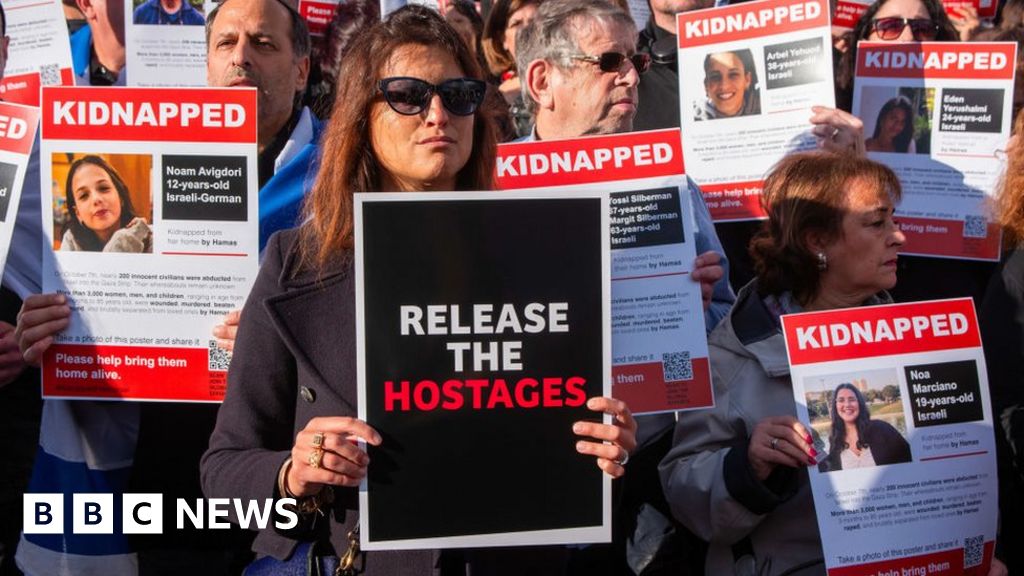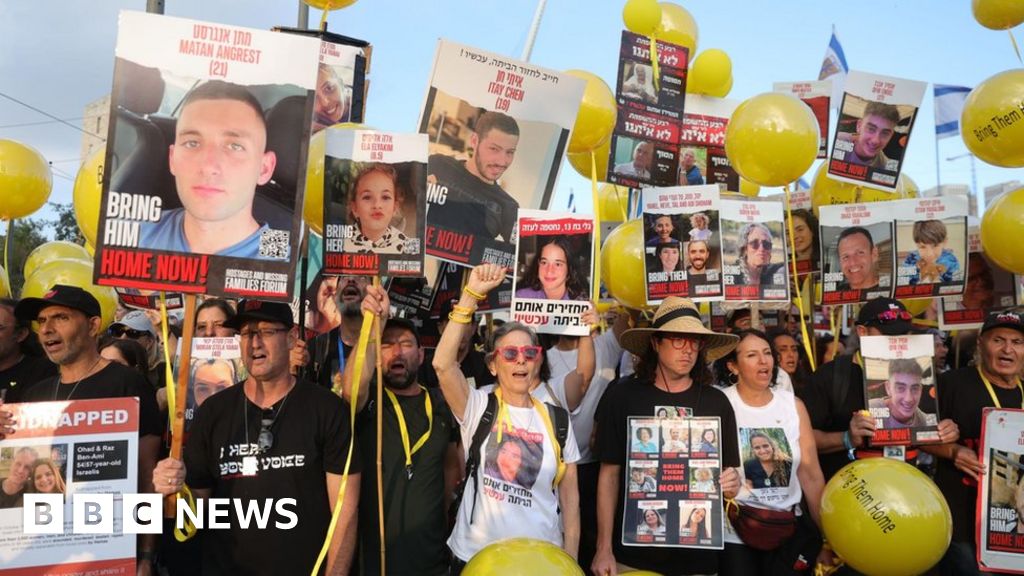[ad_1]
In 1977, the by-then-former United States President Richard Nixon gave up the proverbial game. In an interview with British broadcaster David Frost, he seemed to provide an explanation for why he felt he could so brazenly ignore the law.
In response to a question about whether the president can take certain illegal actions if he perceived them to be in the national interest, he responded, “Well, when the president does it … that means that it is not illegal.” “By definition?” Frost followed up. “Exactly”, said Nixon.
This episode brought some sense of catharsis for many. While the specific line of questioning was about the excesses of the Vietnam War, it also provided a glimpse into the structurally flawed nature of how Nixon saw the presidency. In turn, this helped explain how he could see plotting against American democracy as legitimate.
Alas, there was no prosecuting Nixon. His Vice President-turned-successor Gerald Ford pardoned him before a criminal investigation ever got past its initial phases. In the mainstream, that decision by Ford is still regarded as a justified, even courageous, stance that saved the US the embarrassment of prosecuting its own president.
But Donald Trump has now made history with three concurrent indictments issued against him in quick succession. Critically, none of the indictments are directly related to Trump’s formal duties as president. He is not being indicted, or as far as we know, even investigated for a drone strike that may have violated US or international law or a sanctions campaign that brought undue hardship to civilians. He is not even under scrutiny over his much-maligned conversation with Ukrainian President Volodymyr Zelenskyy (for which he was impeached); his and his family’s alleged self-dealing; or for short-fingered grifts like the US Air Force refuelling at his private golf course in Scotland.
Rather, his indictments tend to focus on his efforts to overturn the 2020 election, mismanagement of secret documents and “hush money” to a woman that constitutes a technical violation of campaign finance law.
There is clearly resistance in the US political system to pursuing him in a manner that would make American foreign policy seem felonious or officially pronounce a former US president as a crook. The fear is that it would set certain precedents. American presidents do at times attach clandestine demands to the provision of aid to other countries – albeit in pursuit of their perception of national interest, not their own political fortunes.
But how would future presidents carry their interactions with other states if they felt it could be used in future criminal proceedings? It would surely have a potent effect on their actions. Furthermore, many are clearly worried about the country’s international profile. How can acknowledging that the American people freely elected a corrupt man be reconciled with America’s image?
In the international community, countries take different approaches to the issue of prosecuting heads of government. Some nations grant their leader formal immunity for fear of politicised prosecution. Others insist on the president not being above the average citizen in this respect. Constitutionally, the US is decidedly the latter. But in practice, there are law enforcement “policies” protecting a president.
Across the world, functioning democracies frequently prosecute former leaders and even those in office. That being said, they rarely serve prison terms. Judicial processes drag or stall out, leaders are pardoned on the grounds of national unity, and some get punishments short of incarceration. Like Nixon, they can be pushed out of office, but jailing them is a taller order.
In the US, Trump seems still the unparalleled leader of the Republican Party and a saviour to many on the right. There is much support for doling out harsh justice to him on the left side of the political spectrum, but the implications for an already divided society will likely play a role in how this matter is handled.
There have already been special deals struck to avoid Trump going through usual criminal procedures like submitting to an embarrassing booking photograph. Some have argued that a jail sentence for him would be problematic due to the Secret Service protection system provided to all former presidents.
As the global hegemon and the self-declared “leader of the free world”, the US practices politics that can have a significant effect on the domestic political discourse and actions of nations around the world.
Watching US politics is a wildly popular spectator sport across the globe.
What happens in the US sets precedents elsewhere. Human Rights Watch called Trump a “role model for kleptocrats” whose behaviour provides cover for corrupt politicians across the globe. Politicians denouncing criticism as “fake news” or contesting seemingly unproblematic elections have become common in the Trump era. Brazilian supporters of former President Jair Bolsonaro even staged an attack on the nation’s seat of power in a way that seemed directly inspired by the January 6, 2021 insurrection attempt in Washington.
Diplomatically, subjecting a former leader to the rule of law may be embarrassing for America in the short term, but it would establish the US as truly dedicated to its vision of governance in global affairs. A failure to do so would be face-saving in the immediate term, but would represent a devastating blow to the image of republicanism that so undergirds US soft power.
It is not difficult to imagine how a free and unaccountable Donald Trump swaggering across the country would be fodder for every target of American human rights scorn.
Human rights abusers and geostrategic adversaries alike tend to raise the US’s own failures to blunt Washington’s criticisms. The country’s historic mistreatment of its African-American minority has frequently been raised. The Soviet Union regularly decried the Jim Crow system and lynchings in response to criticisms of its domestic policies. More recently, various governments condemned police brutality against Black citizens and the Black Lives Matter protesters. A clear and historic absence of accountability for a former American president would be another black mark for Washington on the global stage.
Furthermore, for those who do see US democracy as a model to emulate or at least learn from, it would show that the idealism of the American model is not practical and that the US itself quietly understands that.
It’s one thing to hold up such ideals publicly as proof of your own virtue, which the US does with particular vigour, but an entirely separate matter to actually practice them when it means jailing a corrupt former president with a still-strong base of support.
The views expressed in this article are the author’s own and do not necessarily reflect Al Jazeera’s editorial stance.
[ad_2]
Source link

















































